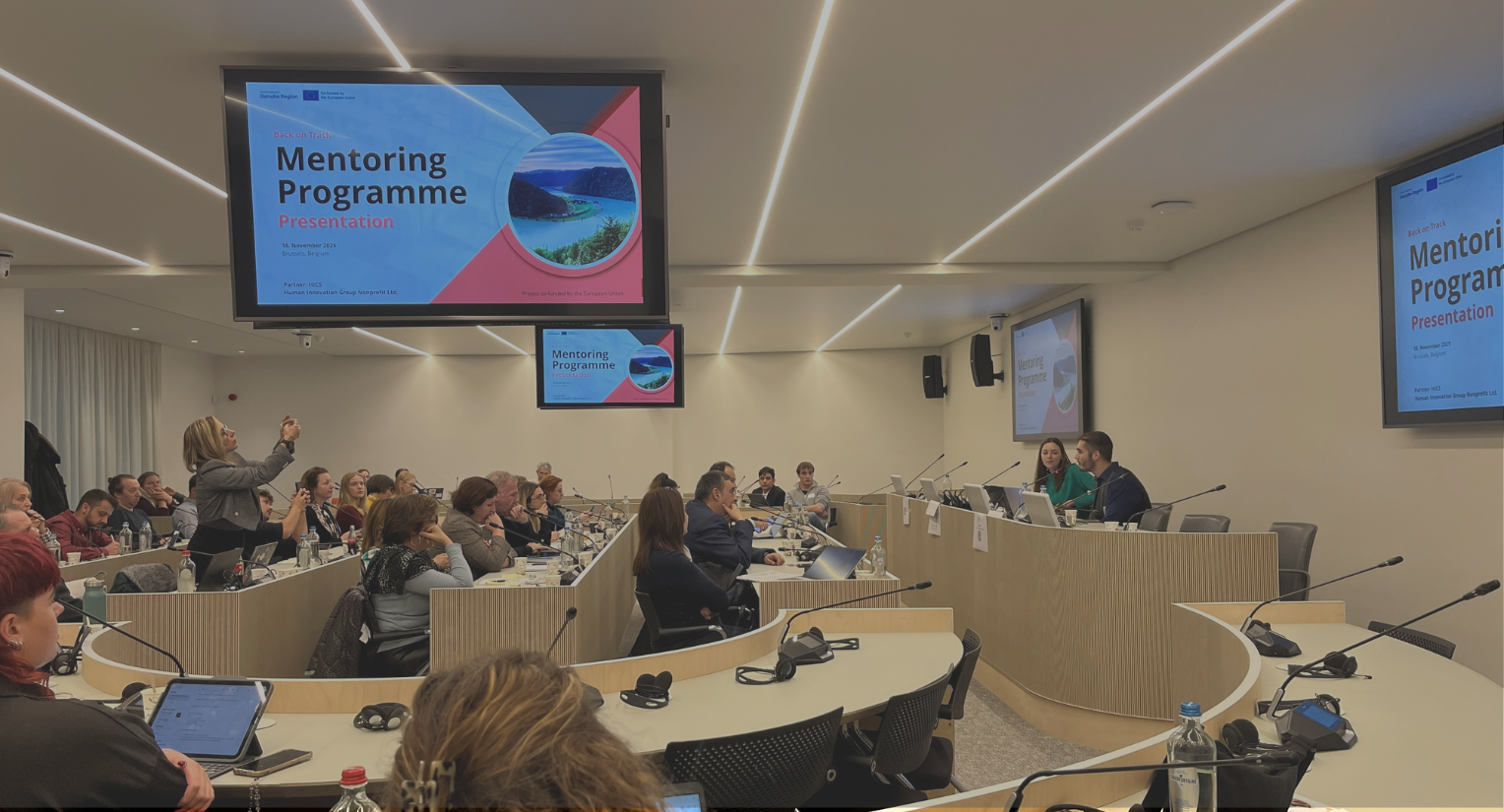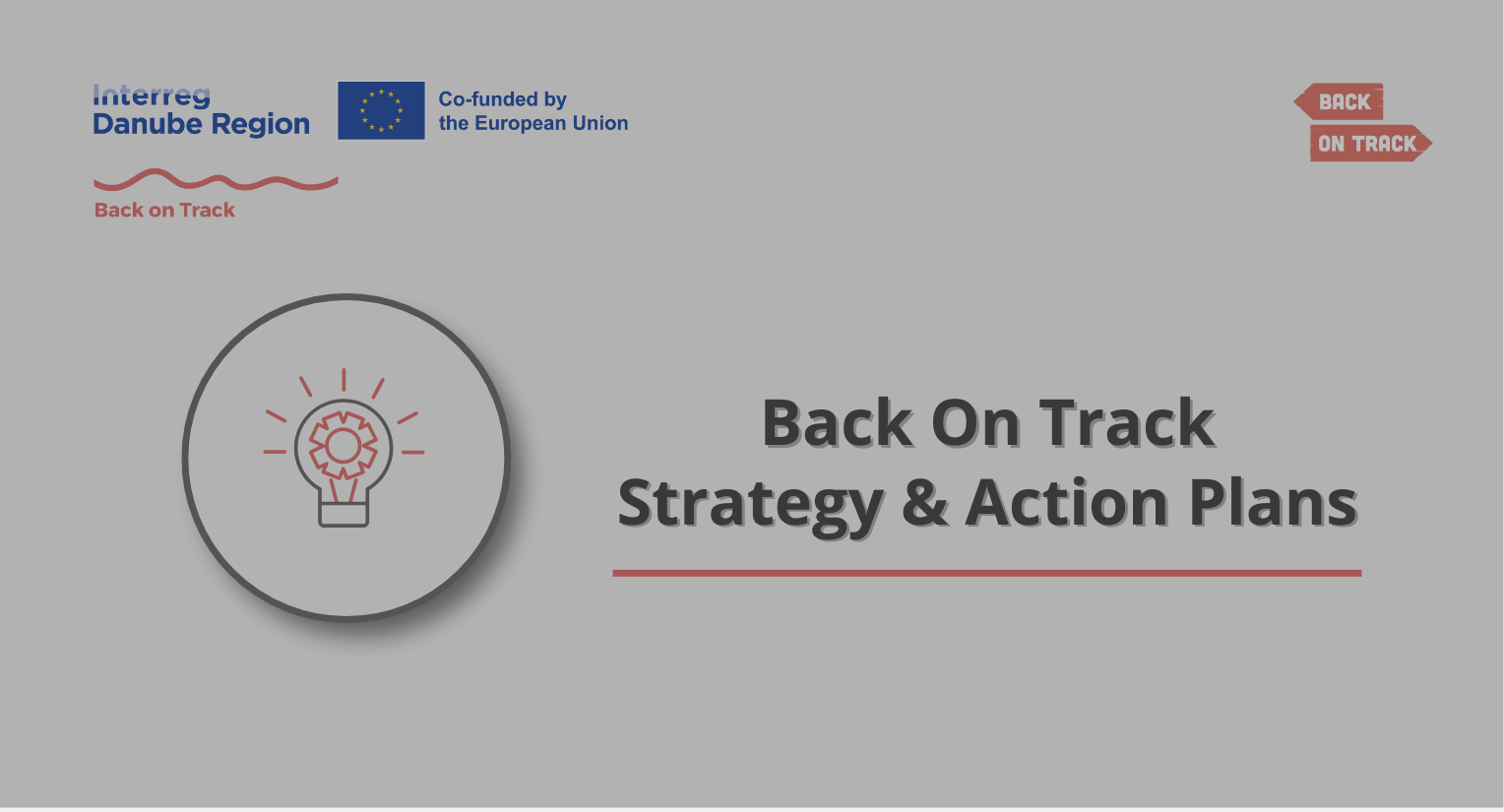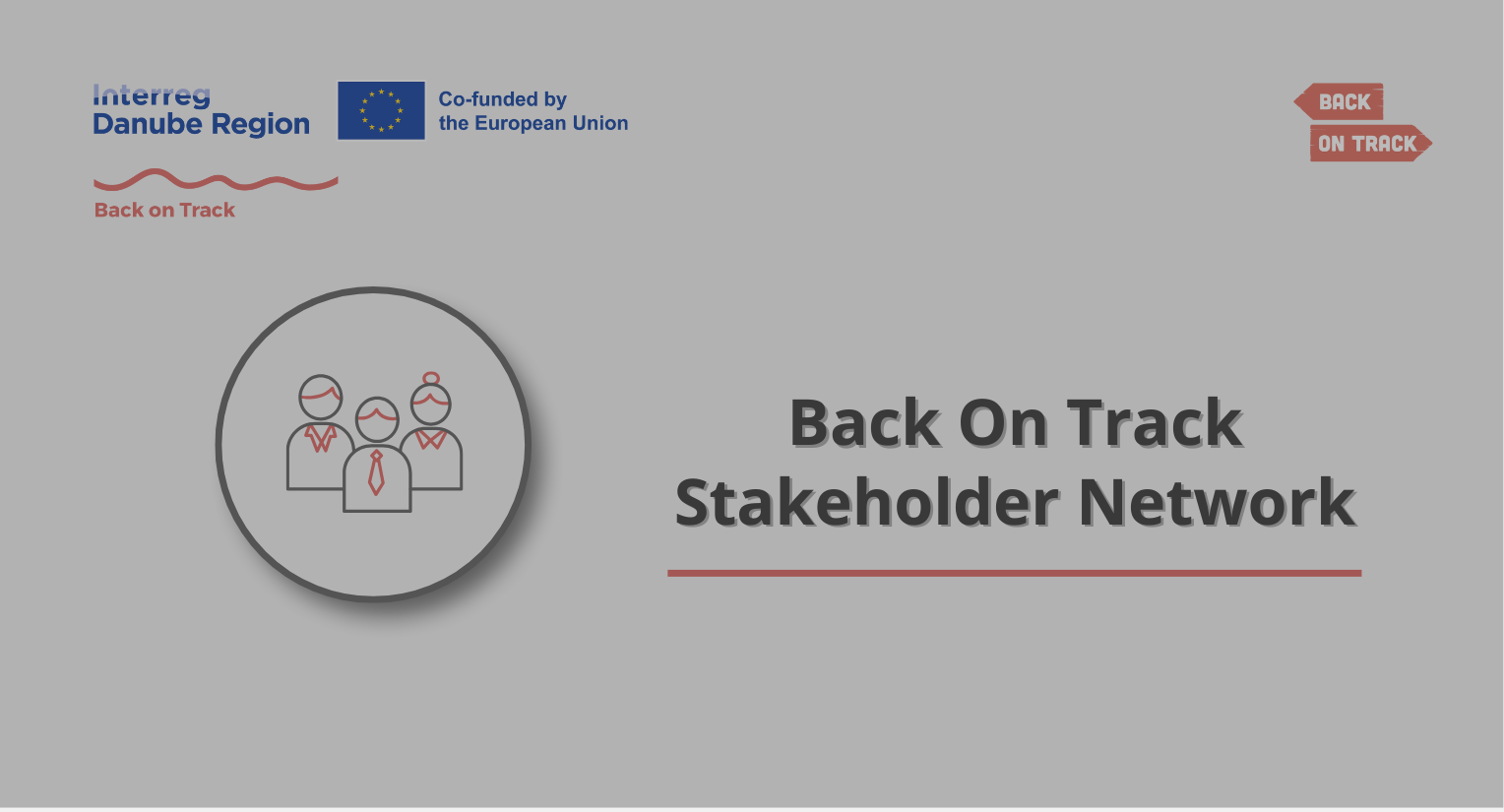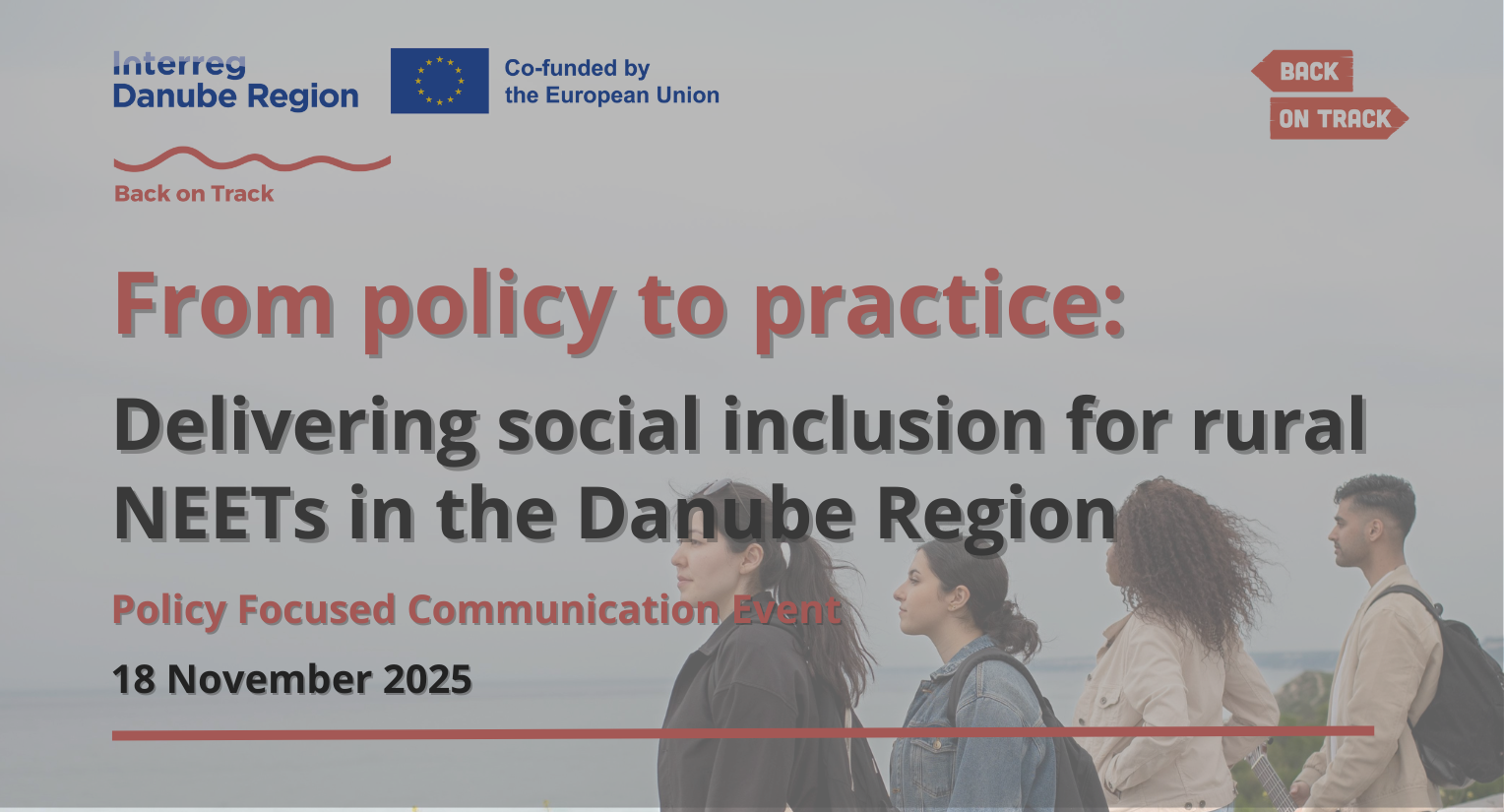
Piloting the Back on Track Mentoring Programme
The Back on Track project is making important strides in supporting young people in rural areas who are not in education, employment, or training (NEETs). One of the key activities currently underway is the piloting of a comprehensive mentoring programme, designed to offer personalised guidance, practical planning, and long-term motivation.
Launched in Bulgaria, Hungary, Romania, Serbia, and Bosnia and Herzegovina, the pilot phase connects trained mentors with rural NEETs, helping them define personal goals, develop essential skills, and take concrete steps toward building their careers.
A Personalised Approach to Integration
Through individualised mentoring sessions, the programme supports young people in setting self-development goals, strengthening their motivation, and building the skills they need to re-enter education, training, or employment. Mentors also help participants overcome emotional, motivational, and logistical barriers and work with them to create realistic, step-by-step plans tailored to their interests and context.
The mentoring sessions are delivered in flexible formats—online, in-person, or hybrid—depending on the needs of each participant.
Mentors as Local Guides and Role Models
Mentors, often from the same communities as the NEETs they support, play a key role in building trust and creating a safe environment. Their local knowledge and lived experience make them relatable role models who can support and motivate young people to take initiative and move forward.
This pilot phase builds on earlier outreach efforts, including youth-led campaigns, informal community events, and peer-to-peer approaches, which helped attract and onboard participants through low-threshold, youth-friendly engagement.
Looking Ahead: Evaluation and Framework Development
To ensure the quality and consistency of mentoring, mentors have participated in six peer-review and supervision workshops. These sessions provided space to exchange experiences, offer feedback, and strengthen mentoring practices. The results will be summarised in a final report.
An impact study is also underway to evaluate the outcomes of the pilot programme, collecting feedback from NEETs, mentors, and other stakeholders. It will assess the effectiveness of the mentoring model in improving motivation, skills, and re-engagement with education and work.
The lessons learned from the pilot phase will feed into the final Back on Track Mentoring Methodology Framework, which will consolidate the tested tools, approaches, and principles developed throughout the activity.
The final framework will be published in mid-2026 and shared with stakeholders across Europe through a series of interactive dissemination events.
News & Events
Read the most recent updates and explore the upcoming events.









